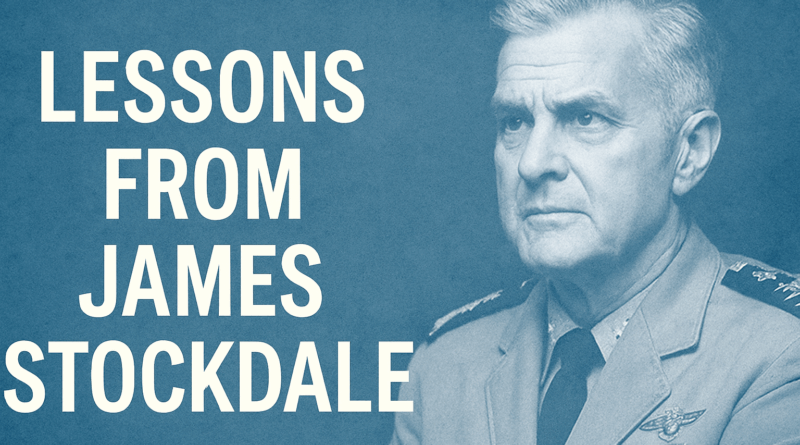Do We Define Our Stories, or Do They Define Us?
On an early morning walk, I queued up a podcast to pass the miles. By the time I’d finished mowing the lawn a few hours later, I was hearing my own life in a new way. Psychologist Jonathan Adler was explaining how the stories we tell about ourselves can either close our world or open it. Redemption stories, he said, often lead to hope and growth. Contamination stories do the opposite.
It sounded strikingly familiar. The Stoics taught that we cannot control what happens, but we can control the meaning we give it. Their nightly reflections were, in a way, acts of storytelling—choosing which moments to carry forward and how to frame them. Modern psychology and ancient philosophy were meeting in the same place, and I realized I’d been practicing this without knowing it.
We may not get to choose every plot twist, but we can decide how to tell the tale. And that choice might just shape the life we live next.
Read more


